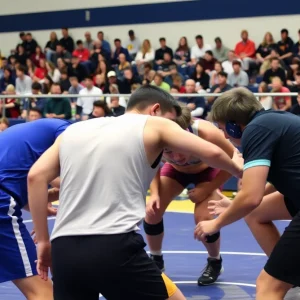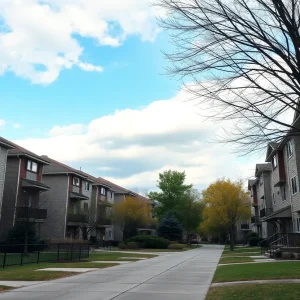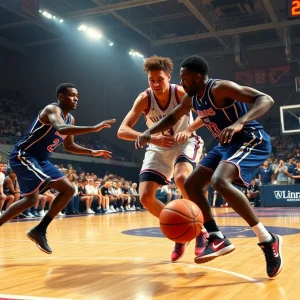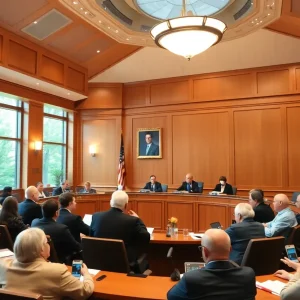Decline in Black Student Enrollment at Elite Colleges in Massachusetts
In Amherst, Massachusetts, a clear trend is emerging this year as both Amherst College and Tufts University report fewer Black students in their freshman classes. This marks a significant shift, especially following the U.S. Supreme Court’s decision last year that made it tough for colleges to use race as a factor in admissions. Many are now left wondering what this means for diversity on campuses across the nation.
The Fallout from the Supreme Court Ruling
In June 2023, the Supreme Court, with its conservative majority, ruled against race-conscious admissions policies. This change has sent ripples through universities, sparking fears that it could reverse progress made toward fostering a diverse student body. As we look at the enrollment numbers coming in, it appears those fears are becoming reality.
Amherst College Stats
Starting with Amherst College, the drop in Black student enrollment is hard to ignore. The share of Black first-years plummeted from 11% last year to just 3% this year, a sharp 8 percentage point decrease. At the same time, the percentage of Hispanic students went down from 12% to 8%. On the flip side, white students saw a boost in their numbers, increasing from 33% to 39%. Even Asian American students saw a slight rise, posting from 18% to 20%.
Tufts University Enrollment Changes
Over at Tufts University, the situation follows a similar trend. The percentage of Black students among this year’s incoming freshman class dropped from 7.3% to 4.7%. White student enrollment ticked up from 46.8% to 49.3%, while Asian American students dipped a bit, going from 20.3% to 19.7%.
MIT’s Shocking Numbers
Official Responses
In light of these shifts, Matthew L. McGann, Amherst’s dean of admissions, openly acknowledged the implications of the court’s decision in a statement to students. He indicated that the upcoming freshman class is not as racially diverse as in previous years, which is a significant concern for students and advocates for diversity alike.
Looking Ahead
As the academic year unfolds, many are keeping a watchful eye on the admissions data for other prestigious institutions like Harvard University and the University of North Carolina, which have yet to disclose their numbers. It will be critical to see if the trend we’re witnessing in Massachusetts reflects broader changes throughout the U.S. higher education landscape.
Conclusion
These developments have sparked conversations around the future of racial diversity in elite schools. With fewer Black and Hispanic students entering these colleges, the potential long-term effects of this shift could impact not just campus life but society at large. The question remains: how will different universities adapt to maintain diversity in a post-affirmative action world?

























